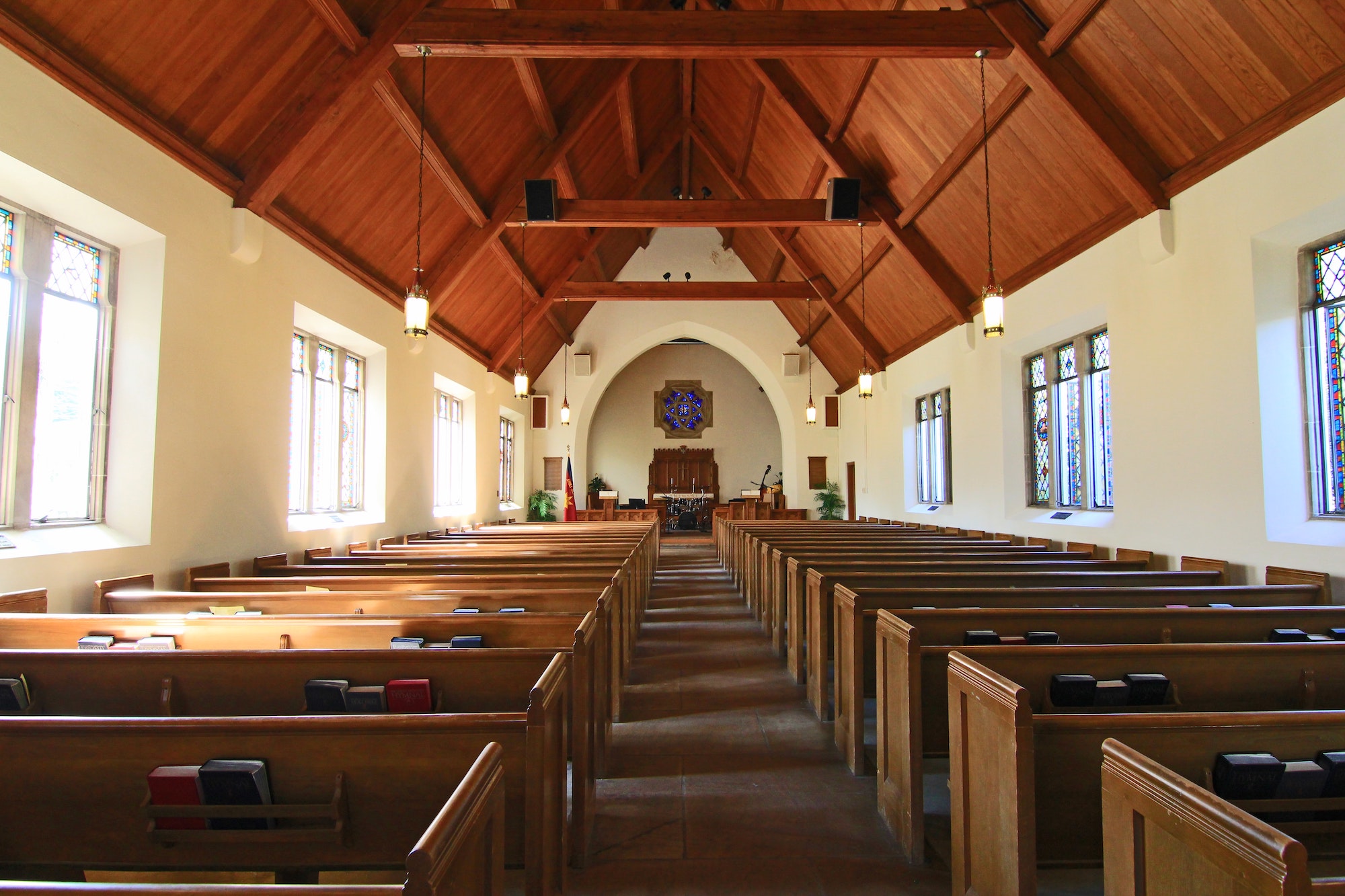This is a post I never finished. I think it’s worth putting out there, even if it’s nearly a year old and not fully edited.
There’s good news and bad news. But we may not all agree on which is which.
Further decline in church attendance
The statistics show what we all know. Church attendance in Australia, US and UK has declined over the past century, and is, generally speaking, still in decline in most. The stats show:
- In the US, the number of people identifying as christian has declined 1% each year over the past 15 years, according to a recent survey. 65% of Americans now identify as christian, although only about a third of these attend church weekly. And the number of people decribing themselves as “religiously unaffiliated” has risen by almost exactly the same amount.
- The picture is much the same in Australia, with slightly more than 1% decline in the percentage of Aussies attending church over the past 20 years. It is estimated that approximately 7% of Aussies attend church in an average week.
- About 10% of the population attend church regularly in the UK (less in England), down from about 30% a century ago.
Current numbers are affected by Covid restrictions, and it is expected that church attendances will likely not return to pre-Covid levels – but who knows?
But I think the stats can give us a wrong focus. The numbers are an important catalyst, but we need to understand (if we can) spiritual, social and personal realities.
Why are most people not interested?
We can give theological answers: people are rebellious against God, they are not the elect, they have turned away to pleasure, etc, but we actually don’t really know. We don’t even know how far God’s grace extends to those outside the church, and how many who we think are outside the kingdom of God that Jesus will welcome (and vice versa).
So while we should always be praying for God to act and so people turn to him, and asking for the Spirit’s wisdom I want to think of what we CAN know and what we can do about it.
I think many people are not interested in attending because church for a range of quite understandable reasons:
Isn’t interesting and doesn’t meet their perceived needs.
People are less likely to believe that their choices now determine an afterlife, and so they aren’t interested in something that seems to have such an “otherworldly” focus. It just seems quant and unrelated. Their focus is much more on the issues of life now, and on pleasure.
Life is busy
Despite all our labour-saving technology, we all seem to be busier than ever. Who has time to attend church?
It requires outsiders to cross major cultural barriers
Church services are a foreign culture to many people, and make the feel uncomfortable.
People see too much of what they perceive as hypocrisy and lack of love, etc –
There are surveys by McCrindle that demonstrate this.
What could we do differently?
I think we have to look beyond numbers and evangelism and start to be the light of the world and the salt of the earth, so people see our good works and give glory to God, as Jesus commanded us to do. The more the evangelical church focuses on evangelism, and (in my experience) dumbs down its message and services to simplistic and repetitive statements of the truncated evangelical gospel, the less effective its evangelism is. But if we started to live as a demonstration of the kingdom of God, we would be the sort of community that really was salt and light, and there’d be more hope that people would want to be part of it.
Where do we start?
There are heaps of difficult things that need to be done:
- change ministerial training;
- give the laity more power (or better still, abolish the clergy-laity distinction);
- do honest apologetics that is based on true facts;
- emphasise the kingdom of God; and
- probably most important of all – re-read the gospels with proper understanding of the context and meaning, allow Jesus to correct us and teach us (instead of only allowing him to be a saviour) and start praying for the Holy Spirit to show us where we have got it so terribly wrong (not just church, but faith).
But since (I think) the Australian church as a whole is not ready for this, preferring the less demanding path it is taking, I don’t see the stats changing any time soon.
My belief is that God is wanting to grow a human race that is in his image, which means (among other things) us taking more responsibility for our own discipleship and for the state of the world and the under-privileged. But that process requires shaking and testing. We know this on a personal level, but I think it applies to churches too.
In Christendom the church included many people who didn’t seem to have genuine personal commitment to Jesus (though that is for God to judge, obviously, not me!) and had control over people who didn’t believe, as well as control over church members. But all that is being stripped away and laid bare, we have to learn that we are a remnant with little power.
I think Covid has had an impact in several ways. People were forced to stop going to church, and many realised they didn’t miss it. Others found there were “better” churches online. So it was an example of shaking and testing – and revealing.
These are more notes than a finished post
I decided to publish it as it was rather than leave it unpublished. But there’ll be much more on these topics as time goes on.
Photo by Debby Hudson on Unsplash

Leave a Reply